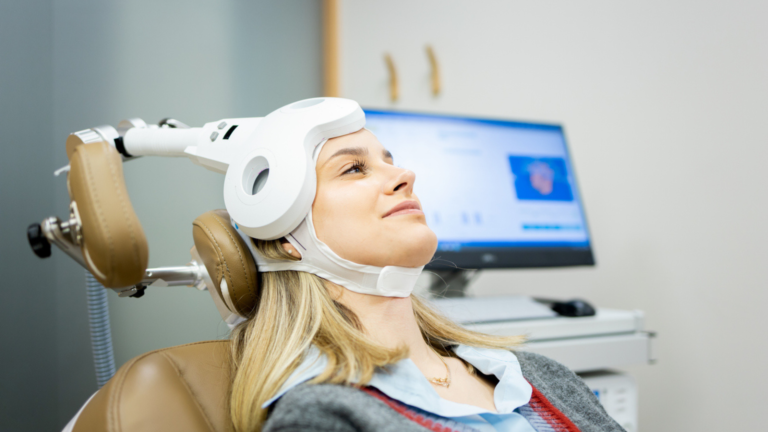
Attention-deficit/hyperactivity disorder (ADHD) affects millions of adults worldwide. Adults with ADHD face unique challenges in managing symptoms that can impact work performance, relationships, and daily functioning. Here is more information on this condition, its causes, diagnosis process, and available treatment options:
What Is ADHD?
ADHD is a neurodevelopmental disorder characterized by persistent patterns of inattention, hyperactivity, and impulsivity that interfere with daily functioning. The condition typically begins in childhood but often continues into adulthood. Adults with ADHD frequently struggle with concentrating, completing tasks, organizing responsibilities, and managing time effectively.
The disorder presents in three primary types: predominantly inattentive presentation, predominantly hyperactive-impulsive presentation, and combined presentation. Each type manifests differently, with some adults primarily struggling with focus and attention while others experience more hyperactivity and impulsive behaviors. Understanding these distinctions helps in recognizing symptoms and seeking appropriate treatment.
What Causes It?
This condition results from a combination of genetic, neurobiological, and environmental factors. If a parent has ADHD, their children have a higher likelihood of developing the condition. Structural and functional differences in individuals may influence the development of ADHD. These differences affect areas responsible for executive function, attention regulation, and impulse control.
Environmental factors during pregnancy and early childhood may also influence ADHD development. These include prenatal exposure to toxins, premature birth, low birth weight, and early childhood trauma. While these factors can contribute to ADHD risk, they do not directly cause the disorder but may interact with genetic predispositions.
How Does It Impact Adults?
Adults with ADHD often face challenges that differ from those experienced in childhood. Professional responsibilities may become overwhelming due to difficulties with time management, organization, and task completion. Adults may struggle with maintaining focus during meetings, following through on projects, and managing multiple deadlines simultaneously.
Relationships can be affected when symptoms interfere with communication. Adults may struggle to listen attentively, remember commitments, or manage impulsive responses during conversations. These challenges can strain personal and professional relationships if left unaddressed.
How Is It Diagnosed?
A diagnosis of ADHD in adults requires a comprehensive evaluation by qualified healthcare professionals. The diagnostic process typically begins with a detailed clinical interview that covers current symptoms, developmental history, and functional impairment across various life areas. Healthcare providers use standardized diagnostic criteria outlined in the Diagnostic and Statistical Manual of Mental Disorders, Fifth Edition (DSM-5-TR™).
What Are the Treatment Options?
Stimulant medications represent the first-line treatment for ADHD in adults. These medications increase dopamine and norepinephrine levels in the brain, improving focus, attention, and impulse control. Non-stimulant medications provide alternatives for individuals who cannot tolerate stimulants or prefer different treatment approaches. These medications work through different mechanisms but can be equally effective for managing symptoms.
Cognitive-behavioral therapy (CBT) helps adults develop practical skills for managing symptoms. CBT focuses on identifying problematic thought patterns, developing organizational strategies, and creating structured approaches to daily tasks. Regular exercise provides significant benefits for adults with ADHD by increasing neurotransmitter production and improving mood regulation.
Adequate sleep plays a beneficial role in managing symptoms. Establishing consistent sleep schedules, creating conducive sleep environments, and addressing any underlying sleep disorders can improve symptom management. Balanced nutrition also supports optimal brain function and helps stabilize energy levels throughout the day.
Learn More Today
Understanding ADHD as an adult marks the first step toward effective symptom management and improved quality of life. The condition affects each person differently, making individualized treatment approaches necessary for improved outcomes. Working with qualified healthcare professionals can help you develop a comprehensive treatment plan tailored to your specific needs and goals.






